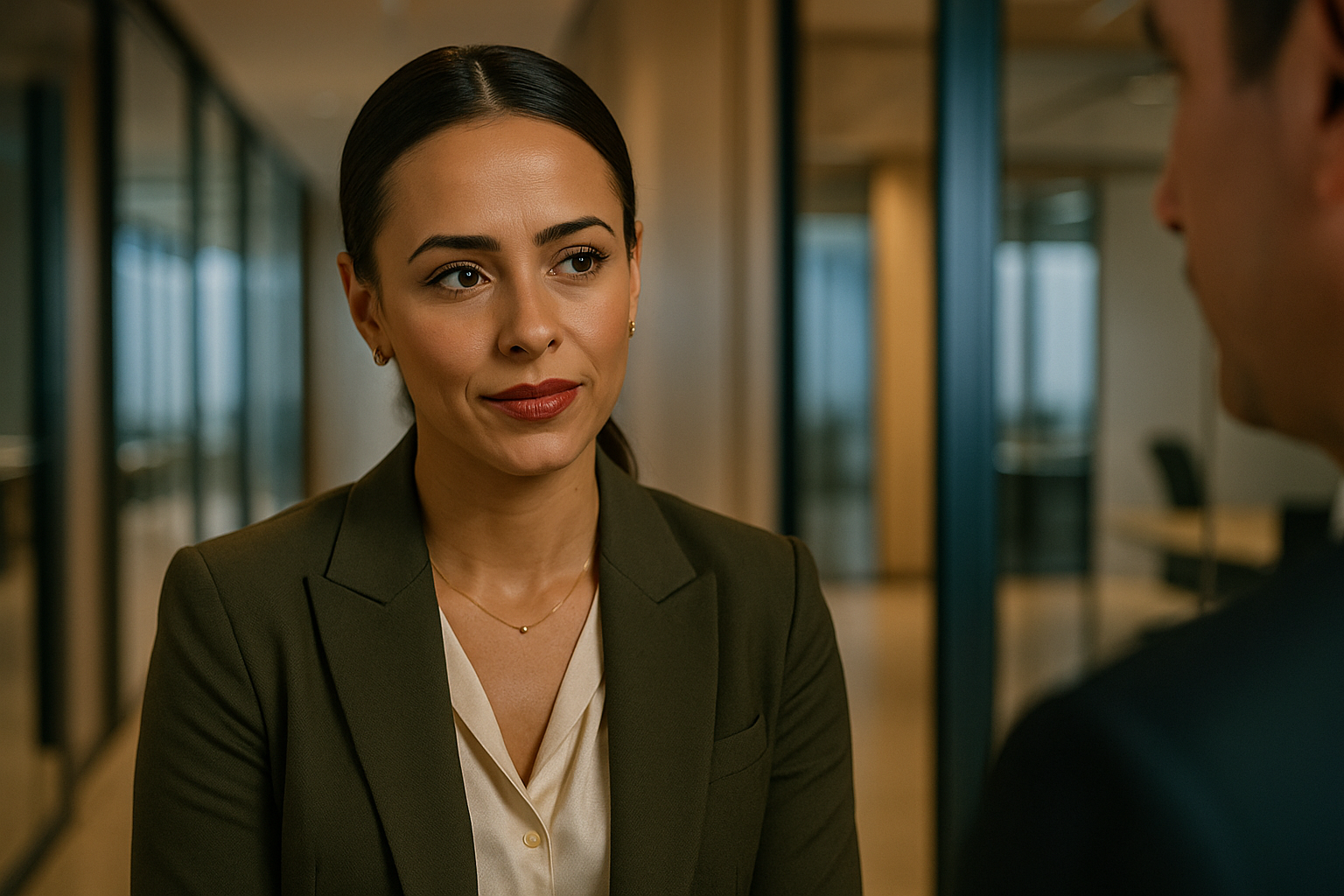
"I'm Stuck at Intermediate"
Most learners hit a wall around intermediate level. You can handle daily conversations, so your brain thinks "mission accomplished." But the words you need now are rarer and harder to pick up naturally.
Every learner faces these challenges. Here's what our characters have learned about breaking through—with strategies that actually work.

"In business, we call this the competency trap. You're good enough to get by, but not good enough to shine. The plateau isn't failure—it's a sign you need new strategies."
Gabriela, Rio de JaneiroMost learners hit a wall around intermediate level. You can handle daily conversations, so your brain thinks "mission accomplished." But the words you need now are rarer and harder to pick up naturally.

"Reading a menu is not the same as ordering, capisce? Your mouth needs practice that your eyes cannot give. You must speak to speak."
Marco, RomeUnderstanding and producing are two different skills. When you listen or read, you have time to figure things out. Speaking? You need words instantly, under pressure, with someone waiting.

"The fire that started your journey... where did it go? It's still there, mi amor. Sometimes we just need to remember why we started."
Valentina, MedellínMotivation needs three things: feeling in control of your learning, feeling like you're improving, and feeling connected to others. When one drops, motivation follows.

"In French, we say errors take root—les erreurs s'enracinent. Like weeds in a garden, the longer they grow, the harder they are to remove. But it can be done."
Antoine, ParisWhen you repeat a mistake without correction, your brain learns it as "correct." The most stubborn errors: articles (a/the), verb tenses, and prepositions. They're small, so they slip by.

"I see this every day at the cafe. Someone orders perfectly from me, then freezes when a customer asks them something. The anxiety is real. But it fades with exposure."
Sofia, ChicagoHumans are unpredictable. They talk fast, use slang, and you can't pause to think. Plus there's social pressure—you don't want to look foolish. That anxiety is specific to real interaction.

"My executives say this constantly. Here's what I tell them: you don't need an hour. You need ten focused minutes. Consistency beats intensity every time."
Gabriela, Rio de Janeiro10-15 minutes daily keeps you moving. 20-30 minutes means steady progress. 45-60 minutes gets you there fast. The key? Short sessions work if you do them often.
Research foundations: Plateau mechanisms from Selinker's interlanguage theory, Self-Determination Theory (Deci & Ryan) for motivation, fossilized error intervention research. Systematic desensitization for language anxiety validated across multiple studies.
Every language learner faces these obstacles. The difference between those who reach fluency and those who quit isn't talent—it's knowing these challenges are normal and having strategies to overcome them. The fact that you're here means you're serious about breakthrough.
Practice with AI characters who understand these challenges and adapt to help you overcome them.